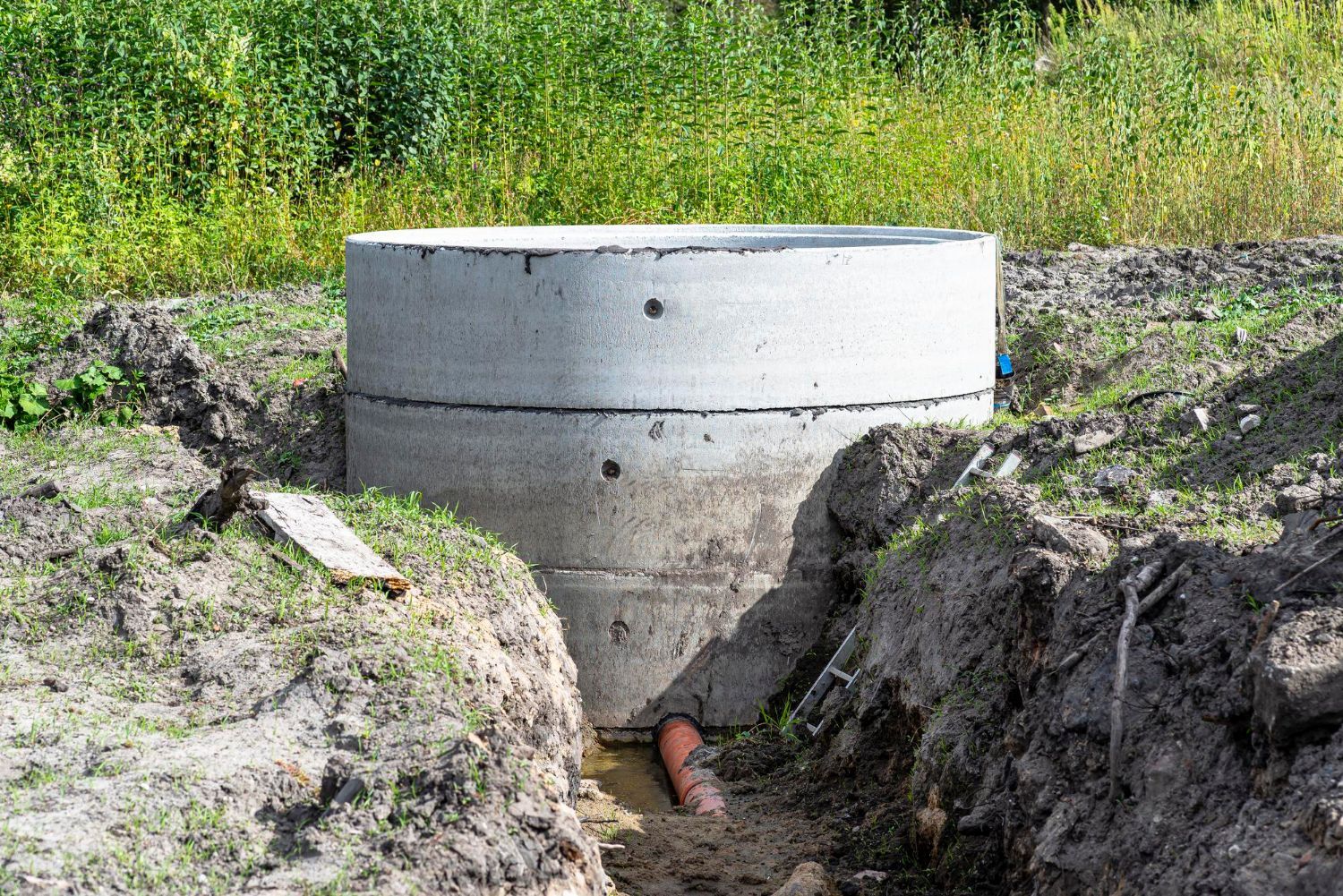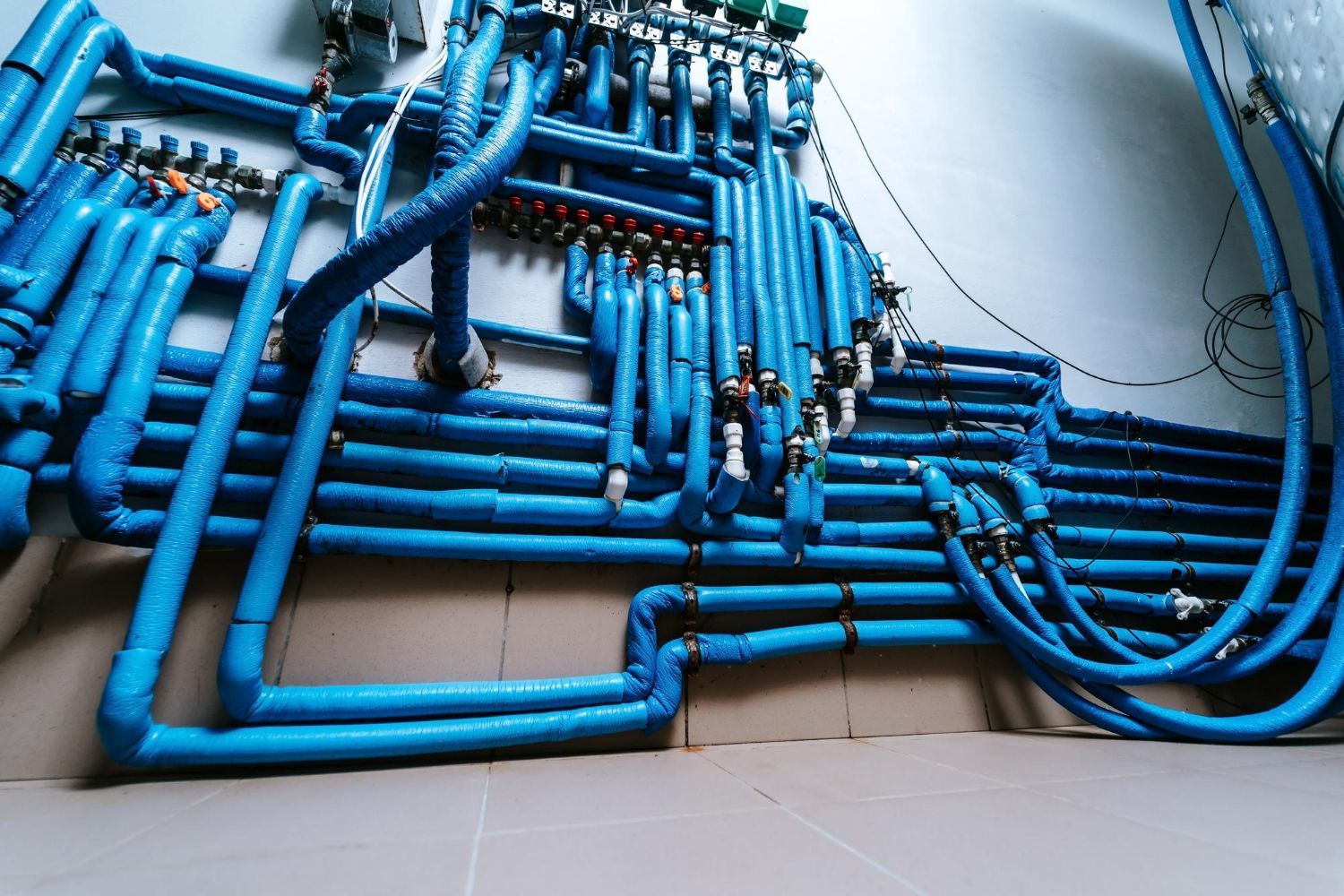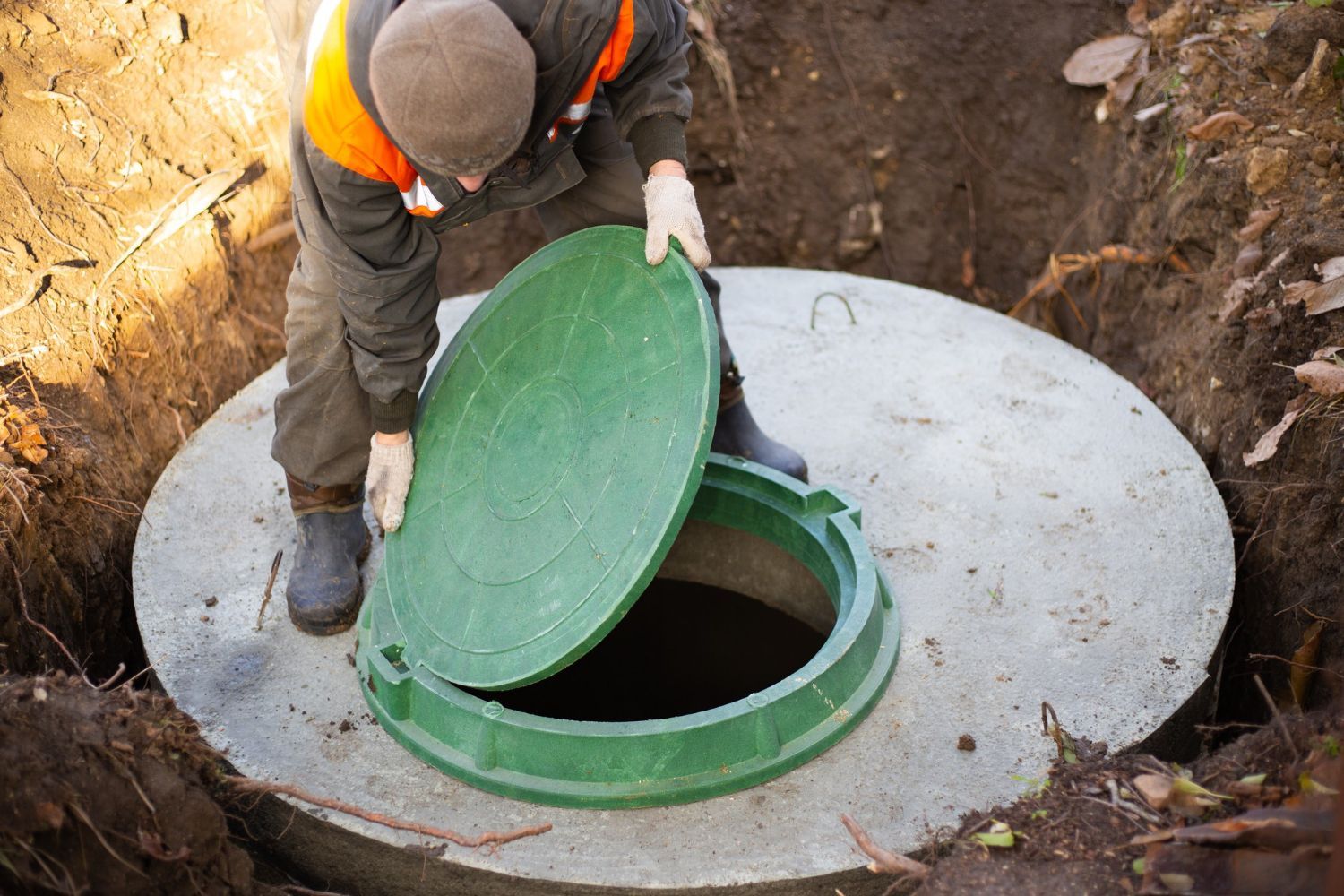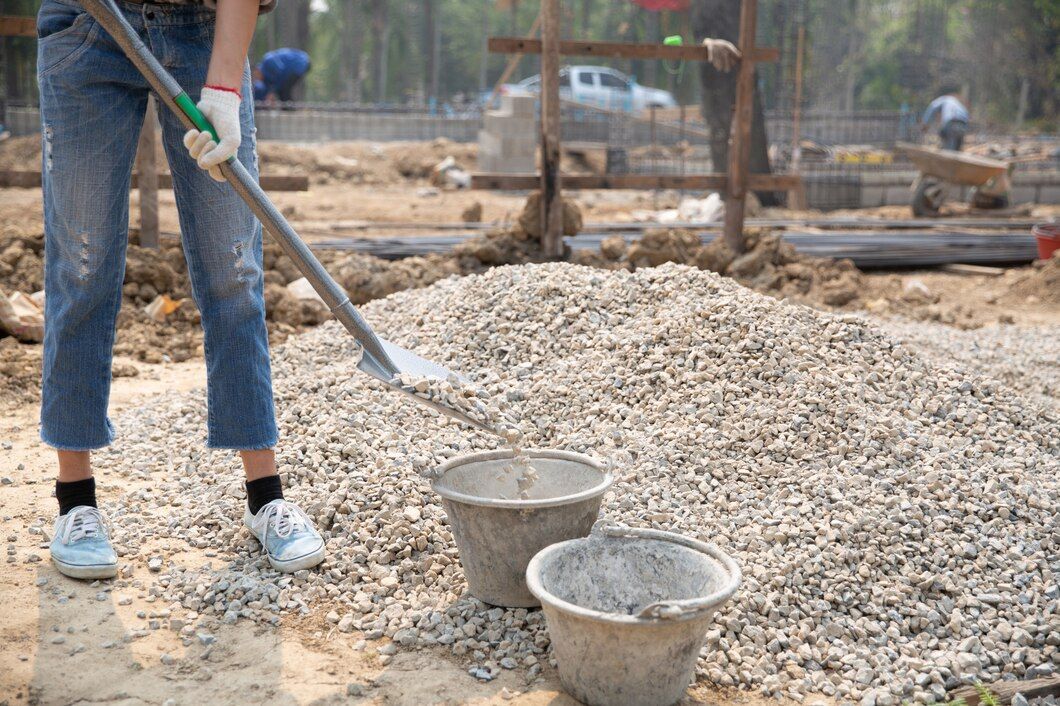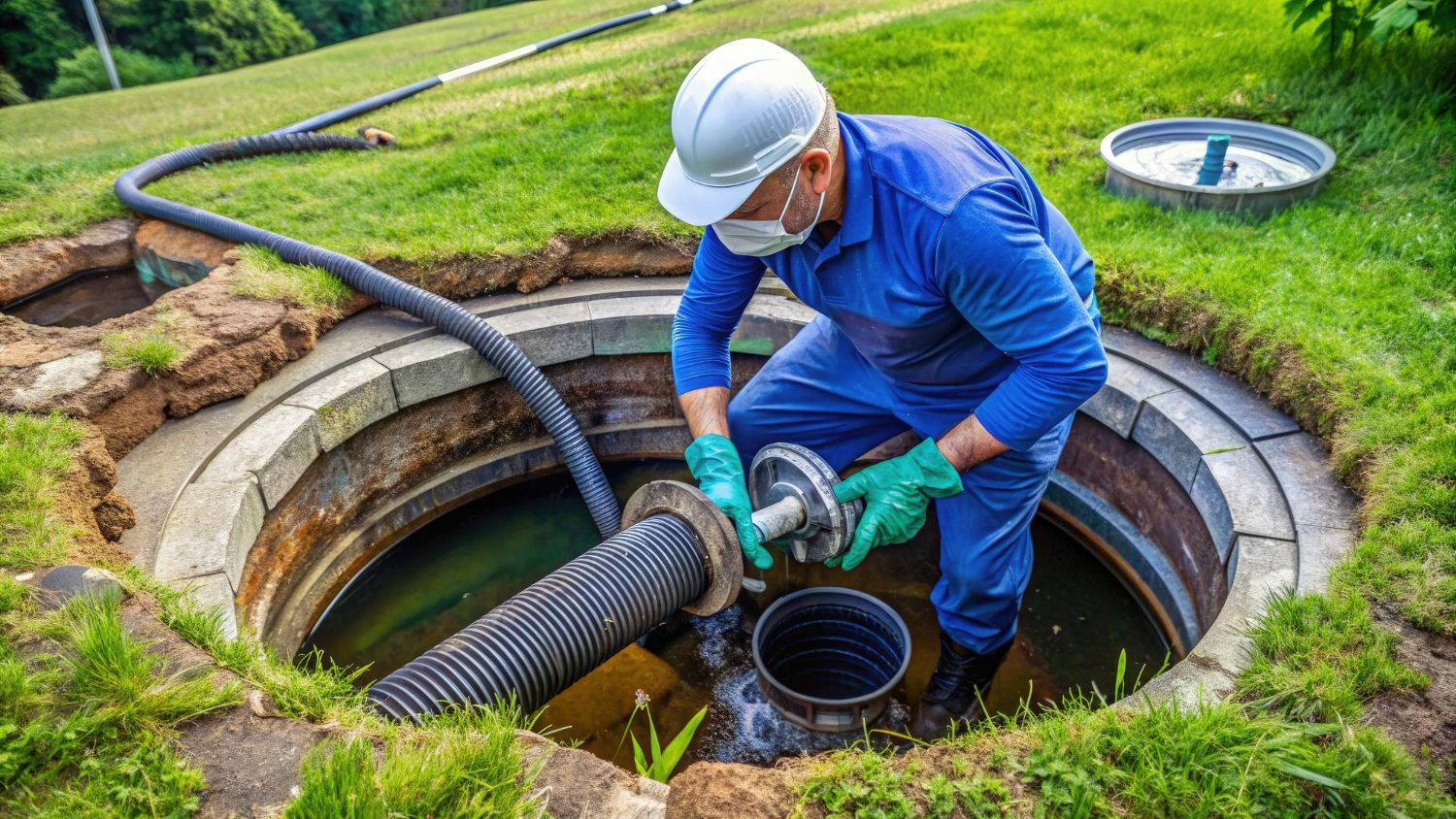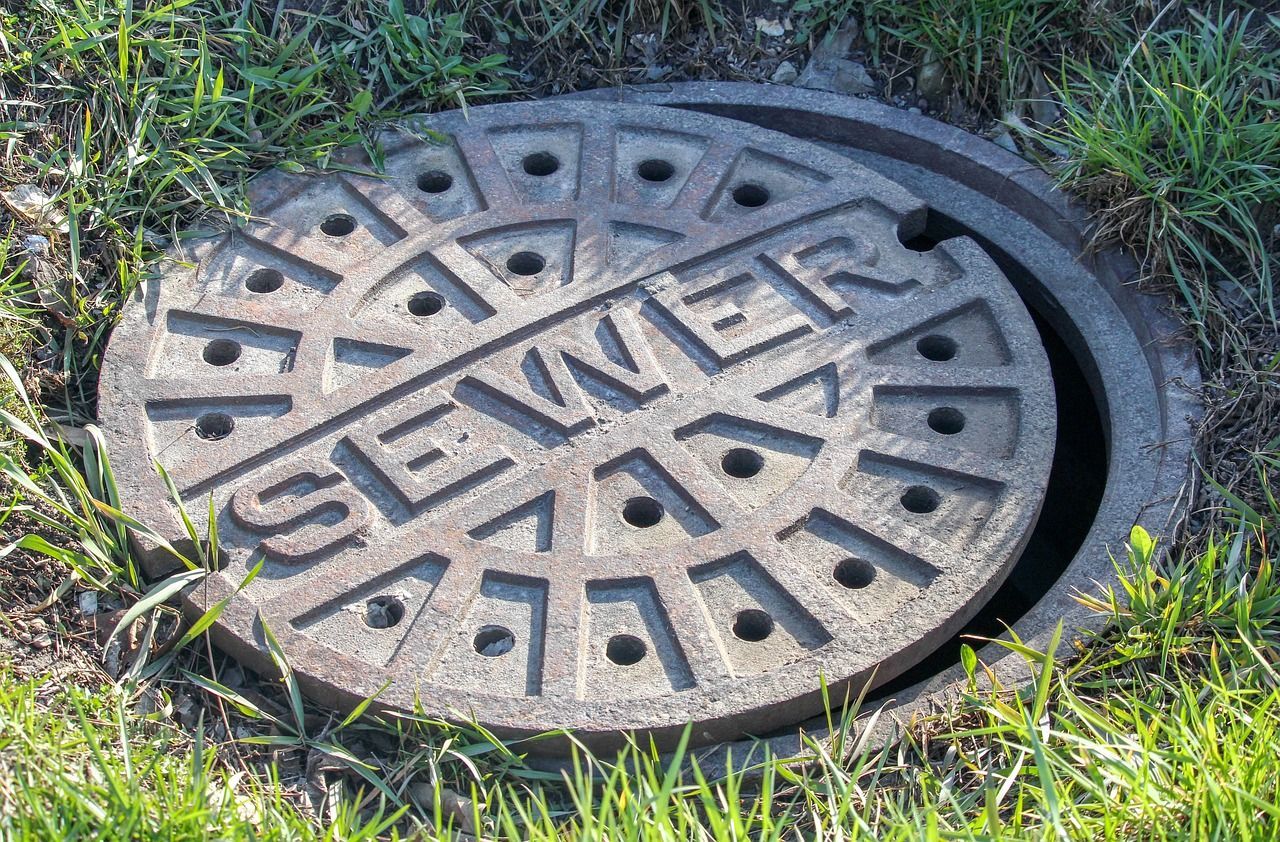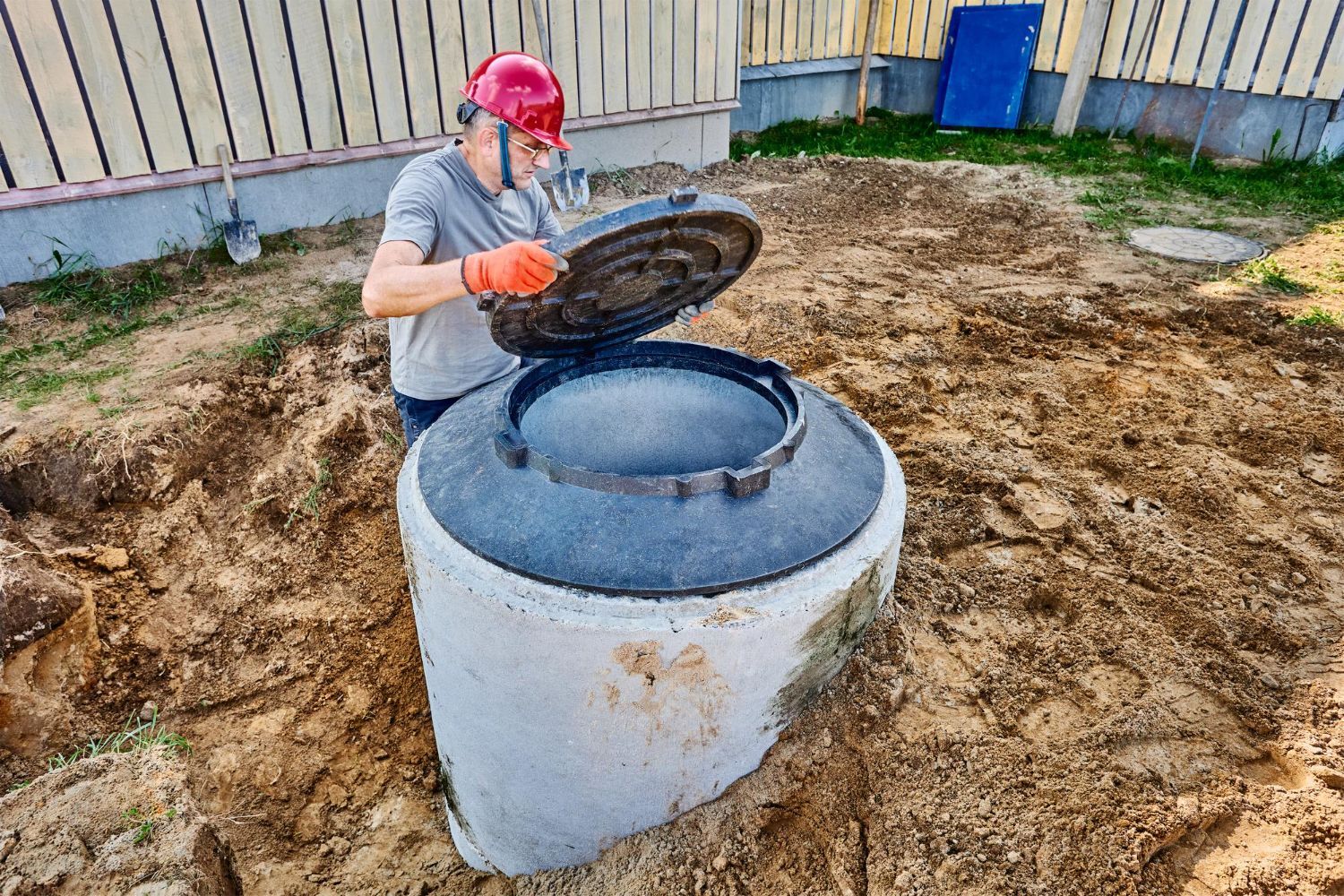Identifying & Fixing Common Septic System Problems
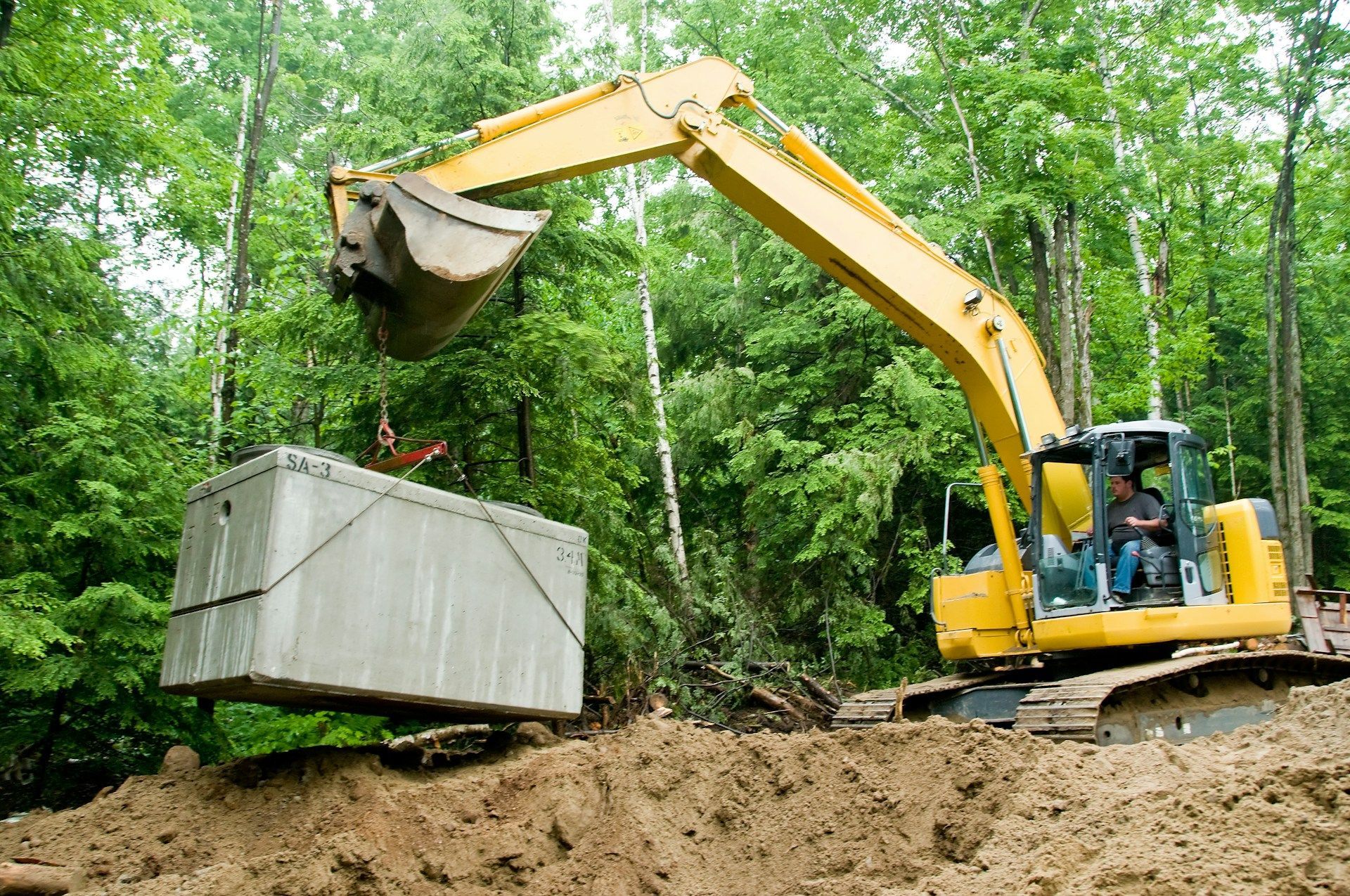
Septic systems serve an essential role in residential and commercial properties, providing an efficient means of wastewater management, especially in areas without access to municipal sewer systems. While septic systems can have a long lifespan and offer reliable service, they can encounter problems if not properly maintained. As experienced plumbing professionals, we've seen the range of challenges that can arise, and we're here to help property owners navigate these issues effectively.
In this comprehensive guide, we will discuss some of the most common septic system problems encountered in residential and commercial settings. You'll learn to identify the signs and symptoms of septic system issues, understand the root causes behind these problems, and find practical steps you can take to address them. Additionally, we'll shed light on efficient maintenance practices that help prevent future septic system challenges, ensuring your property's wastewater management remains seamless and hassle-free.
By providing an in-depth understanding of septic system problems and their solutions, our goal is to empower property owners to keep their septic systems functioning efficiently and avoid costly repairs. Whether you're a homeowner with a private septic system or a business owner managing a commercial property, this article will offer valuable insights and strategies to keep your septic system in top shape. Learn from our expertise in the field and tackle septic system challenges with confidence, ensuring a healthy and efficient wastewater management system for your property.
Recognizing Common Septic System Problems
To effectively address septic system issues, it's essential to identify the common problems that can arise. Some typical septic system challenges include:
1. Clogged Pipes and Drains: Household waste, including food particles, grease, and hair, can accumulate in pipe and drain systems, leading to blockages and slow-flowing drains.
2. Overfilled Septic Tank: A lack of routine pumping can result in an overfilled septic tank, causing unpleasant odors and potential wastewater backup.
3. Failed Drainfield: The drainfield is a vital component of the septic system responsible for treating wastewater before it returns to the environment. A failed drainfield can lead to standing water on the property and poor wastewater filtration.
4. Tree Root Intrusion: Invasive tree roots can damage septic system components, causing clogs and obstructions that hinder proper wastewater management.
Identifying the Symptoms and Root Causes of Septic System Issues
Detecting and understanding the underlying causes of septic system problems is critical to addressing the issues effectively. Watch for these warning signs that may indicate a problem with your septic system:
- Slow draining sinks, showers, and tubs
- Gurgling sounds coming from drains or toilets
- Unpleasant odors near septic tank or drainfield
- Soggy areas or standing water around the septic system
- Frequent sewage backups
Upon noticing any of these symptoms, reach out to an experienced professional like us to assess your septic system and identify the root cause of the problem.
Practical Solutions for Addressing Septic System Problems
Once the underlying cause of a septic system issue has been identified, take the necessary steps to remedy the situation:
1. Clogged Pipes and Drains: If you're facing clogged pipes or drains, use a drain snake to remove debris and clear blockages. Avoid using chemical drain cleaners, as they can damage your pipes and septic system.
2. Overfilled Septic Tank: Regular septic tank pumping is essential to prevent overfilling and wastewater backup. Schedule septic tank pumping every 3-5 years or based on the recommendations of your trusted plumbing professional.
3. Failed Drainfield: If your drainfield is not functioning properly, consult a septic system specialist who can evaluate the situation and recommend appropriate measures, such as repairs, replacements, or enhancing the soil's absorption capacity with additives.
4. Tree Root Intrusion: For tree root intrusion, call in an experienced professional to remove the roots and fix any damage they may have caused. Additionally, consider installing root barriers to prevent future issues.
Proactive Maintenance to Prevent Future Septic System Problems
Implementing proactive maintenance practices can help prevent future septic system issues and ensure efficient wastewater management:
1. Efficient Water Use: Reduce water consumption by using water-saving appliances and fixtures, and avoid excessive water use in daily activities like laundry or dishwashing.
2. Proper Waste Disposal: Be mindful of what you flush down your drains and toilets. Avoid disposing of non-biodegradable items, grease, or harsh chemicals, as they can damage your septic system.
3. Regular Inspections: Schedule routine septic system inspections by a professional to detect any potential issues early, preventing more extensive and costly repairs down the line.
4. Landscaping Considerations: Ensure that your landscaping choices do not negatively impact your septic system. Plant trees and shrubs away from septic system components to minimize the risk of root intrusion.
Owning Your Septic System's Health and Efficiency
Proactively addressing and resolving common septic system problems can save property owners significant time, effort, and money in the long run. With the comprehensive insights provided in this guide, you'll be better equipped to identify, fix, and prevent septic system issues in your residential or commercial property.
If you're in Keyport, NJ, or the surrounding areas, and need
residential plumbing services, contact our experienced team today. We specialize in handling diverse plumbing needs and are committed to providing top-quality service and exceptional results. Let us help ensure your septic system's health and efficiency, allowing you to focus on what matters most: enjoying your property worry-free.

